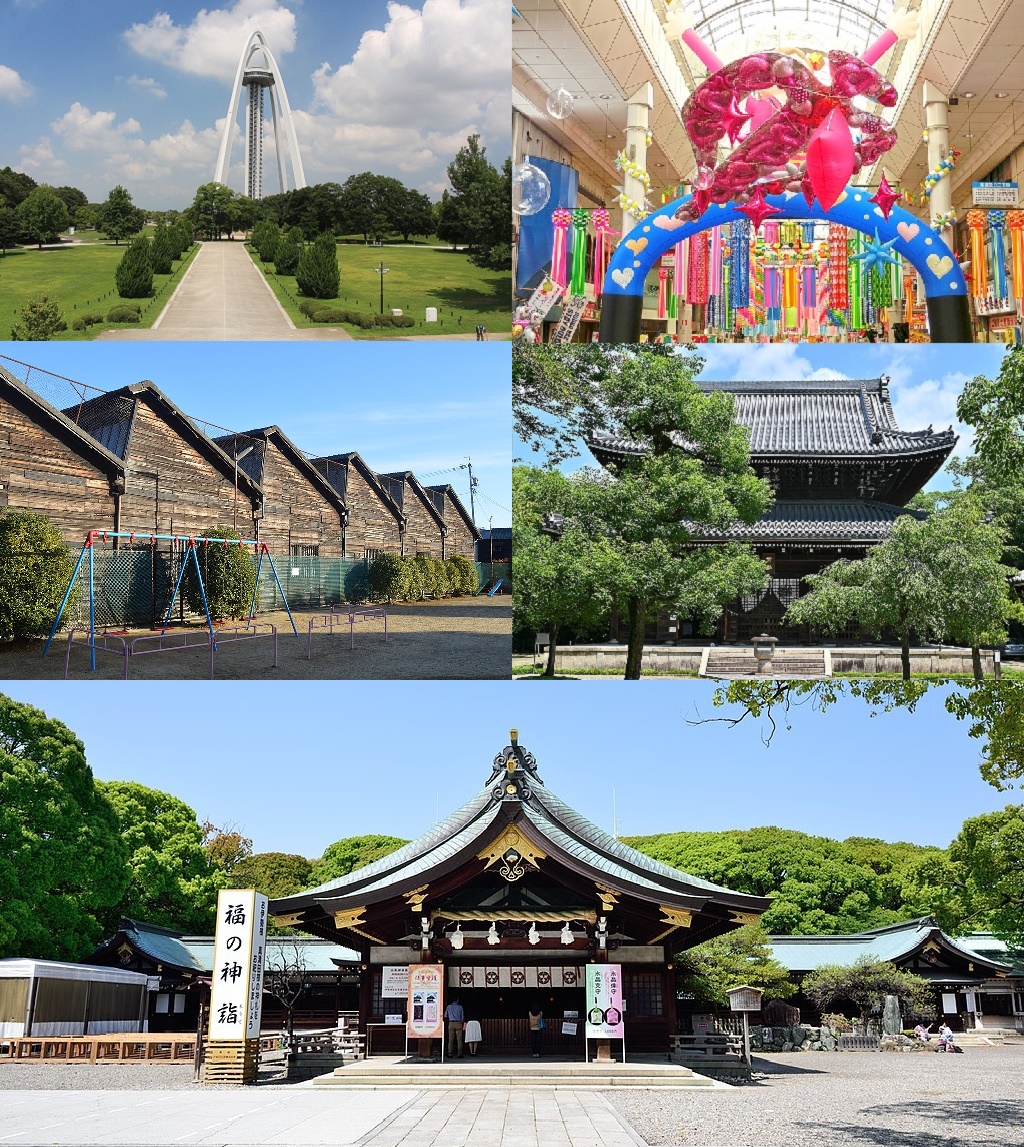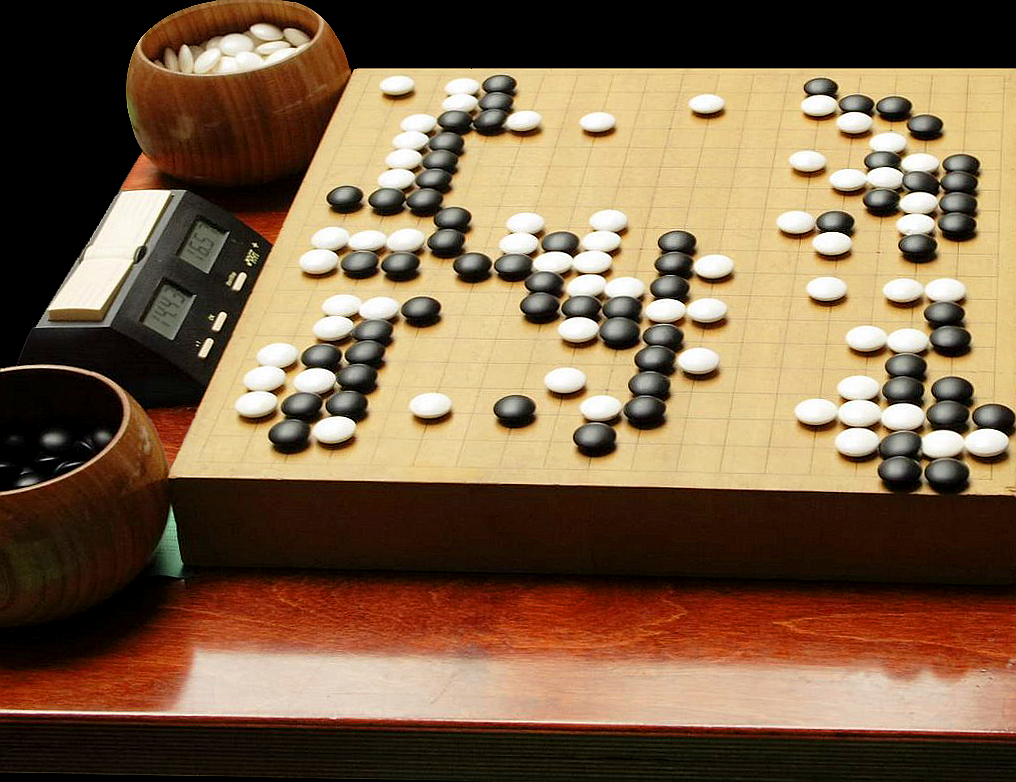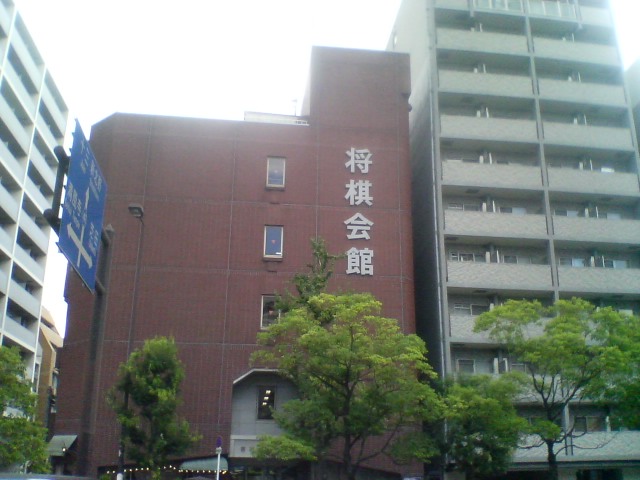|
Saya Nakazawa
is a Japanese women's professional shogi player ranked 1-dan Dan or DAN may refer to: People * Dan (name), including a list of people with the name ** Dan (king), several kings of Denmark * Dan people, an ethnic group located in West Africa **Dan language, a Mande language spoken primarily in Côte d'Ivoir .... Women's shogi professional Promotion history Nakazawa's promotion history is as follows: * 2- kyū: April 1, 2015 * 1-kyū: June 20, 2015 * 1-dan: April 1, 2016 Note: All ranks are women's professional ranks. Major titles and other championships Nakazawa has yet to appear in a major title match, but she has won one official non-title women's professional shogi tournament. Personal life Nakazawa graduated from the Department of Urban Science of Meijo University in 2018. References External links * ShogiHubNakazawa, Saya 1996 births Living people People from Ichinomiya, Aichi Japanese shogi players Japan Shogi Association players Female shogi players ... [...More Info...] [...Related Items...] OR: [Wikipedia] [Google] [Baidu] |
Ichinomiya, Aichi
is a city located in Aichi Prefecture, Japan. The city is sometimes called Owarichinomiya to avoid confusion with other municipalities of the same name, including Ichinomiya (now part of the city of Toyokawa), Ichinomiya in Chiba Prefecture. , the city had an estimated population of 379,654 in 161,434 households, and a population density of 3,336 persons per km². The total area of the city was . Geography Ichinomiya is situated in western Aichi Prefecture, bordered by Gifu Prefecture to the west. The Kiso River and the Gojō River both flow through the city. Climate The city has a climate characterized by hot and humid summers, and relatively mild winters (Köppen climate classification ''Cfa''). The average annual temperature in Ichinomiya is 15.6 °C. The average annual rainfall is 1833 mm with September as the wettest month. The temperatures are highest on average in August, at around 28.1 °C, and lowest in January, at around 4.2 °C. Demographics ... [...More Info...] [...Related Items...] OR: [Wikipedia] [Google] [Baidu] |
Masataka Sugimoto
is a Japanese professional shogi player ranked 8- dan. He is also a non-executive director of the Japan Shogi Association. Early life Sugimoto was born on November 13, 1968, in Nagoya, Japan. In 1980, he finished third in the 5th and entered the Japan Shogi Association's apprentice school that same year at the rank 6-kyū under the guidance of shogi professional . Sugimoto was promoted to the rank of 1-dan in 1985 before obtaining full professional status and the rank of 4-dan in October 1990 after finishing the 7th 3-dan League (April 1990September 1990) with a record of 13 wins and 5 losses. Shogi professional Sugimoto became the 57th professional shogi player to win 600 official games when he defeated Satoru Sakaguchi in a preliminary round game of the 72nd Ōshō Tournament on January 28, 2022. Promotion history The promotion history for Sugimoto is as follows. * 6-kyū: August 1980 * 1-dan: February 1985 * 4-dan: October 1, 1990 * 5-dan: December 6, 1995 * 6-dan: ... [...More Info...] [...Related Items...] OR: [Wikipedia] [Google] [Baidu] |
Dan (rank)
The ranking system is used by many Japanese, Okinawan, Korean, and other martial art organizations to indicate the level of a person's ability within a given system. Used as a ranking system to quantify skill level in a specific domain, it was originally used at a Go school during the Edo period. It is now also used in most modern Japanese fine and martial arts. Martial arts writer Takao Nakaya claims that this dan system was first applied to martial arts in Japan by Kanō Jigorō (1860–1938), the founder of judo, in 1883, and later introduced to other East Asian countries. In the modern Japanese martial arts, holders of dan ranks often wear a black belt; those of higher rank may also wear either red-and-white or red belts depending on the style. Dan ranks are also given for strategic board games such as Go, Japanese chess (''shōgi''), and renju, as well as for other arts such as the tea ceremony (''sadō'' or ''chadō''), flower arrangement ('' ikebana''), Japanese ca ... [...More Info...] [...Related Items...] OR: [Wikipedia] [Google] [Baidu] |
Professional Shogi Player
A professional shogi player (将棋棋士 ''shōgi kishi'' or プロ棋士 ''puro kishi'' "professional player") is a shogi player who is usually a member of a professional guild of shogi players. There are two categories of professional players: regular professional and women's professional. All regular professional shogi players are members of the Japan Shogi Association (JSA). However, only regular professional players, who are all male, are considered to be full-fledged members. Women's professional players belong to groups distinct from regular professional players. In Japanese, the term 棋士 ''kishi'' only refers to regular professional players to the exclusion of women's professionals, who are termed 女流棋士 ''joryū kishi.'' History During the Edo period (1603-1868), shogi followed an iemoto system centered around three families (schools): the , the and the . Titles such as Meijin were hereditary and could only be held by members of these three families. Thes ... [...More Info...] [...Related Items...] OR: [Wikipedia] [Google] [Baidu] |
Dan (rank)
The ranking system is used by many Japanese, Okinawan, Korean, and other martial art organizations to indicate the level of a person's ability within a given system. Used as a ranking system to quantify skill level in a specific domain, it was originally used at a Go school during the Edo period. It is now also used in most modern Japanese fine and martial arts. Martial arts writer Takao Nakaya claims that this dan system was first applied to martial arts in Japan by Kanō Jigorō (1860–1938), the founder of judo, in 1883, and later introduced to other East Asian countries. In the modern Japanese martial arts, holders of dan ranks often wear a black belt; those of higher rank may also wear either red-and-white or red belts depending on the style. Dan ranks are also given for strategic board games such as Go, Japanese chess (''shōgi''), and renju, as well as for other arts such as the tea ceremony (''sadō'' or ''chadō''), flower arrangement ('' ikebana''), Japanese ca ... [...More Info...] [...Related Items...] OR: [Wikipedia] [Google] [Baidu] |
Japan Shogi Association
The , or JSA, is the primary organizing body for professional shogi in Japan. The JSA sets the professional calendar, negotiates sponsorship and media promotion deals, helps organize tournaments and title matches, publishes shogi-related materials, supervises and trains apprentice professionals as well as many other activities. History For much of its early history, shogi followed an iemoto system centered around three families (schools): the , the and the . The Meijin title was hereditary and could only be held by members of these three families. These three schools were supported by the Tokugawa shogunate and thus controlled the professional shogi world up until 1868 when the Meiji Restoration began. By the time , the eighth and last head of the Itō school and the 11th Hereditary Meijin, had died in 1893, the influence of the families had decreased to such an extent that they had no real power at all. In 1921, there were three groups of professional players in the Tokyo ... [...More Info...] [...Related Items...] OR: [Wikipedia] [Google] [Baidu] |
Meijo University
is a private university in Japan. Its main campus is in Tempaku-ku, Nagoya, Aichi Prefecture, and it has two other campuses in Nagoya, Aichi Prefecture. It had two faculty members who were Nobel laureates as of 2021. History The name Meijō derives itself from the abbreviated ''kanji'' form of . The predecessor of the school was founded by Juichi Tanaka in ; it was chartered as a university in 1949. It is the largest university in the Chūkyō Metropolitan Area. Notable faculty * Ryōji Noyori, guest professor of Meijo University, awarded the 2001 Nobel Prize in Chemistry * Sumio Iijima, tenured professor of Meijo University, scientist, awarded the 2008 Kavli Prize, the 2009 Order of Culture and so on * Isamu Akasaki, tenured professor of Meijo University, scientist, awarded the 2014 Nobel Prize in Physics * Hiroshi Amano, former professor of Meijo University, awarded the 2014 Nobel Prize in Physics * Akira Yoshino, professor of Meijo University, chemist, awarded t ... [...More Info...] [...Related Items...] OR: [Wikipedia] [Google] [Baidu] |
1996 Births
File:1996 Events Collage.png, From left, clockwise: A bomb explodes at Centennial Olympic Park in Atlanta, set off by a radical anti-abortionist; The center fuel tank explodes on TWA Flight 800, causing the plane to crash and killing everyone on board; Eight people die in a blizzard on Mount Everest; Dolly the Sheep becomes the first mammal to have been cloned from an adult somatic cell; The Port Arthur Massacre occurs on Tasmania, and leads to major changes in Australia's gun laws; Macarena, sung by Los del Río and remixed by The Bayside Boys, becomes a major dance craze and cultural phenomenon; Ethiopian Airlines Flight 961 crash-ditches off of the Comoros Islands after the plane was hijacked; the 1996 Summer Olympics are held in Atlanta, marking the Centennial (100th Anniversary) of the modern Olympic Games., 300x300px, thumb rect 0 0 200 200 Centennial Olympic Park bombing rect 200 0 400 200 TWA FLight 800 rect 400 0 600 200 1996 Mount Everest disaster rect 0 200 300 400 199 ... [...More Info...] [...Related Items...] OR: [Wikipedia] [Google] [Baidu] |
Living People
Related categories * :Year of birth missing (living people) / :Year of birth unknown * :Date of birth missing (living people) / :Date of birth unknown * :Place of birth missing (living people) / :Place of birth unknown * :Year of death missing / :Year of death unknown * :Date of death missing / :Date of death unknown * :Place of death missing / :Place of death unknown * :Missing middle or first names See also * :Dead people * :Template:L, which generates this category or death years, and birth year and sort keys. : {{DEFAULTSORT:Living people 21st-century people People by status ... [...More Info...] [...Related Items...] OR: [Wikipedia] [Google] [Baidu] |
People From Ichinomiya, Aichi
A person ( : people) is a being that has certain capacities or attributes such as reason, morality, consciousness or self-consciousness, and being a part of a culturally established form of social relations such as kinship, ownership of property, or legal responsibility. The defining features of personhood and, consequently, what makes a person count as a person, differ widely among cultures and contexts. In addition to the question of personhood, of what makes a being count as a person to begin with, there are further questions about personal identity and self: both about what makes any particular person that particular person instead of another, and about what makes a person at one time the same person as they were or will be at another time despite any intervening changes. The plural form "people" is often used to refer to an entire nation or ethnic group (as in "a people"), and this was the original meaning of the word; it subsequently acquired its use as a plural form of p ... [...More Info...] [...Related Items...] OR: [Wikipedia] [Google] [Baidu] |
Japanese Shogi Players
Japanese may refer to: * Something from or related to Japan, an island country in East Asia * Japanese language, spoken mainly in Japan * Japanese people, the ethnic group that identifies with Japan through ancestry or culture ** Japanese diaspora, Japanese emigrants and their descendants around the world * Japanese citizens, nationals of Japan under Japanese nationality law ** Foreign-born Japanese, naturalized citizens of Japan * Japanese writing system, consisting of kanji and kana * Japanese cuisine, the food and food culture of Japan See also * List of Japanese people * * Japonica (other) * Japonicum * Japonicus This list of Latin and Greek words commonly used in systematic names is intended to help those unfamiliar with classical languages to understand and remember the scientific names of organisms. The binomial nomenclature used for animals and plants i ... * Japanese studies {{disambiguation Language and nationality disambiguation pages ... [...More Info...] [...Related Items...] OR: [Wikipedia] [Google] [Baidu] |
Japan Shogi Association Players
Japan ( ja, 日本, or , and formally , ''Nihonkoku'') is an island country in East Asia. It is situated in the northwest Pacific Ocean, and is bordered on the west by the Sea of Japan, while extending from the Sea of Okhotsk in the north toward the East China Sea, Philippine Sea, and Taiwan in the south. Japan is a part of the Ring of Fire, and spans an archipelago of 6852 islands covering ; the five main islands are Hokkaido, Honshu (the "mainland"), Shikoku, Kyushu, and Okinawa. Tokyo is the nation's capital and largest city, followed by Yokohama, Osaka, Nagoya, Sapporo, Fukuoka, Kobe, and Kyoto. Japan is the eleventh most populous country in the world, as well as one of the most densely populated and urbanized. About three-fourths of the country's terrain is mountainous, concentrating its population of 123.2 million on narrow coastal plains. Japan is divided into 47 administrative prefectures and eight traditional regions. The Greater Tokyo Area is the most p ... [...More Info...] [...Related Items...] OR: [Wikipedia] [Google] [Baidu] |






_1938.jpg)